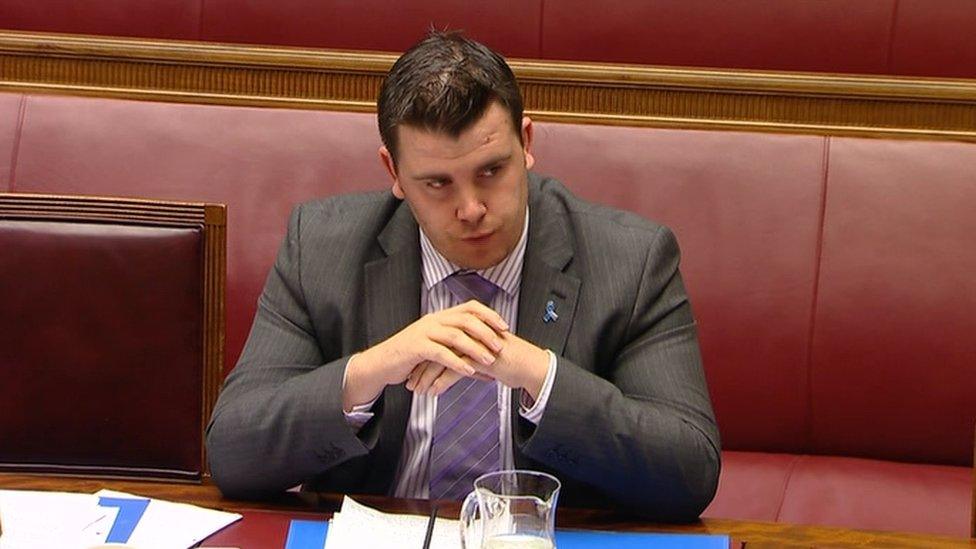Phil Flanagan: Former Sinn Féin MLA loses legal battle over libel insurance
- Published
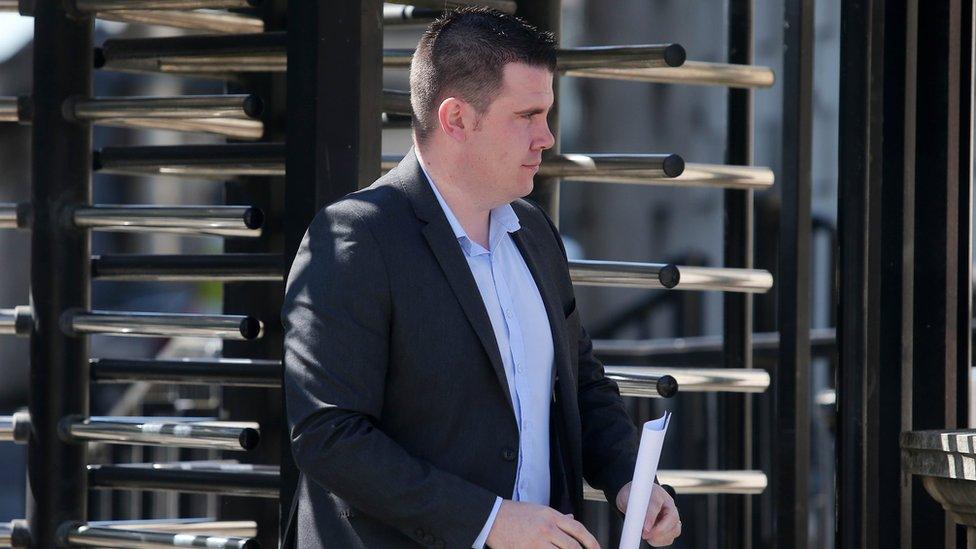
Phil Flanagan was told in February he must pay compensation to the UUP's Tom Elliott
A former Sinn Féin MLA has lost his legal battle over being denied insurance cover for a libel award of almost £50,000 made against him.
Phil Flanagan sued the firm AIG after it refused to cover him when he sent a tweet falsely implying Ulster Unionist MP Tom Elliott had shot people.
But a judge ruled that AIG was entitled to withhold cover because Mr Flanagan knew the remark was defamatory.
He also ordered Mr Flanagan to pay the legal costs of his failed action.
Mr Flanagan was told in February that he must pay £48,750 compensation to Mr Elliott for making the unfounded allegation about the former Ulster Unionist leader's conduct during his previous career as an Ulster Defence Regiment (UDR) soldier.
Baseless
The court heard that Mr Flanagan had tweeted about Mr Elliott when the unionist politician was being interviewed by Stephen Nolan about the Troubles.
The High Court heard that Mr Flanagan tweeted: "I wonder if he [Mr Elliott] will reveal how many people he harassed or shot as a member of the UDR."
The contents of his tweet were held to be baseless and grossly defamatory.

Tom Elliott was awarded £48,750 in compensation as a result of Mr Flanagan's defamatory tweet
As a result of legal action, Mr Flanagan, who failed to gain re-election to the Northern Ireland Assembly last month, issued an apology on Twitter and agreed to pay compensation and costs.
He accepted his tweet was "untrue, wholly without foundation" and apologised "for all offence caused".
Ineligible
A High Court judge put the payout on hold until Mr Flanagan resolved his case against AIG, the insurers used by Northern Ireland Assembly members.
The court heard that the policy provided for libel and slander claims excludes cases where MLAs know their comments are defamatory.
He said it was never his intention to defame Mr Elliott, and he only realised the seriousness of the situation after taking legal advice.
Lawyers for AIG said on Wednesday that Mr Flanagan was ineligible for cover because the policy did not cover libel cases between MLAs, and that the tweet had nothing to do with constituency or parliamentary business.
The judge rejected those submissions, but he backed a contention that AIG could refuse to cover Mr Flanagan because he knew his posting was defamatory.
He also upheld a claim by AIG that Mr Flanagan took no precautions before publishing the tweet and said Mr Flanagan knew there was no evidence he could use as a defence to any libel proceedings against him.
- Published12 May 2016
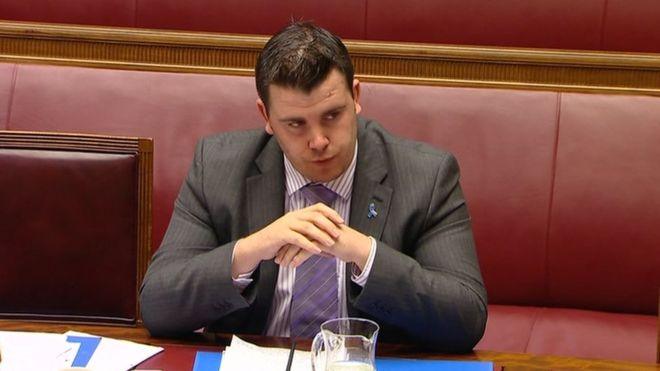
- Published11 February 2016
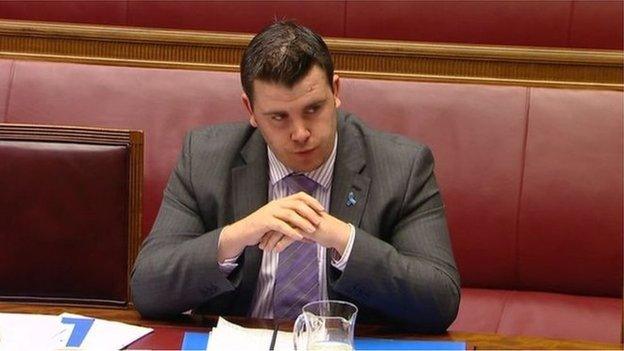
- Published3 February 2016
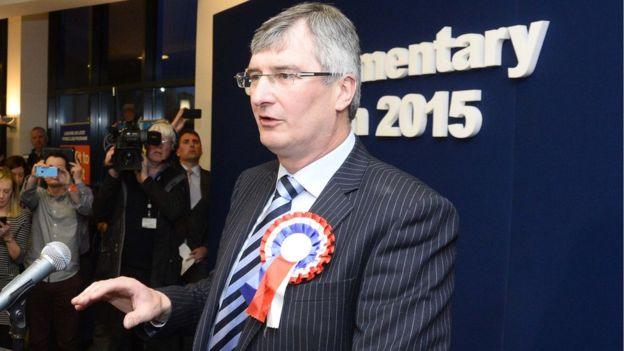
- Published8 January 2016
